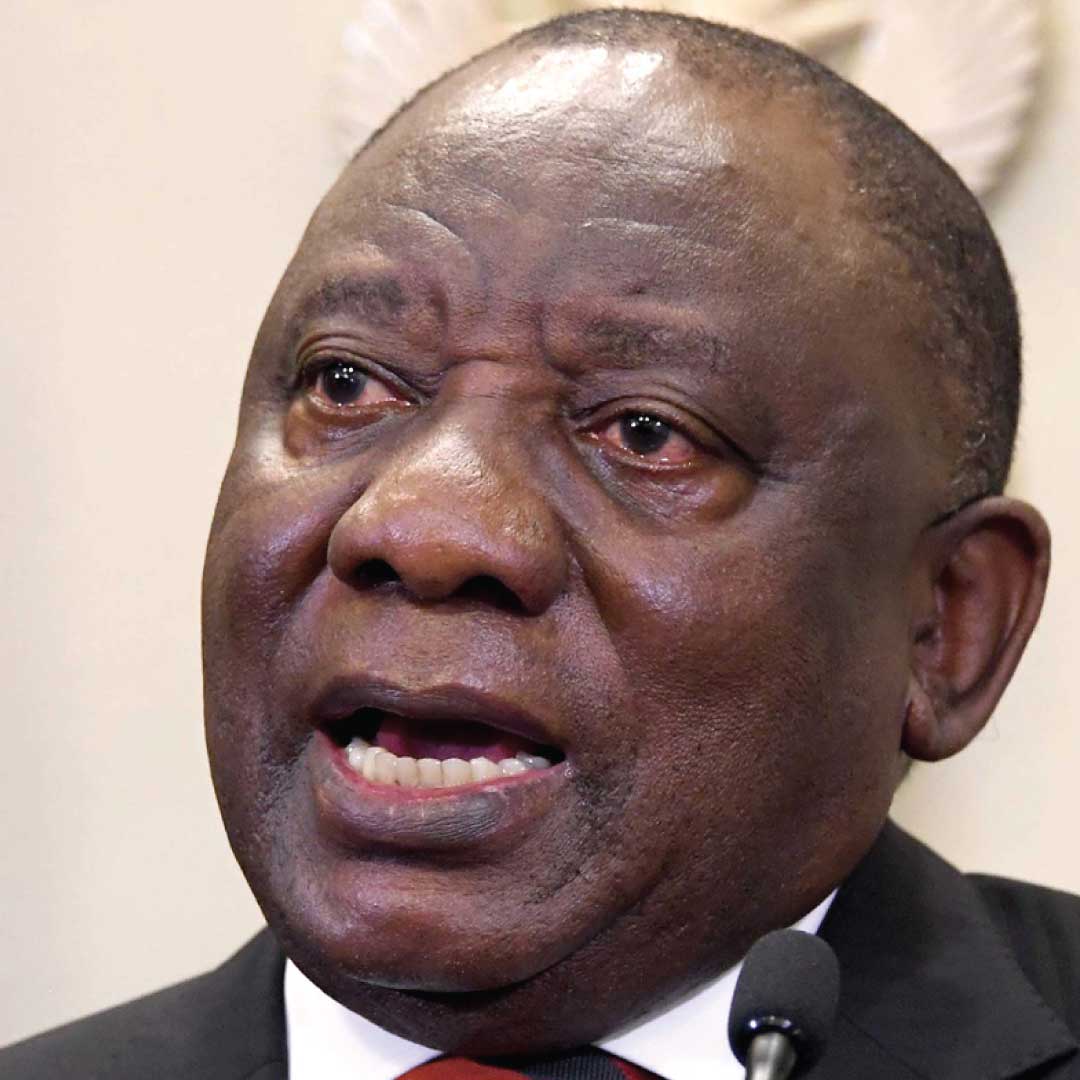The closure of South Africa’s 3G networks by 2025 is too soon, according to some local mobile operators who still rely heavily on the technology to connect with their customers.
The top operators in South Africa think that the proposed end dates for both 2G and 3G by the government need to be talked about more between the public and private sectors.
The Department of Communications and Digital Technologies (DCDT) drafted the Next Generation Radio Frequency Spectrum Policy last week. The South African Cabinet has also approved this policy. By June 2024, the policy called for the total shutdown of 2G, and by March 2025, it called for the sunsetting of 3G.

Cell C generally favours the suggested migration of customers away from 3G technologies as more opportunities arise from a move to 4G and 5G technologies. However, Cell C feels that the 2025 deadline set forth in the draft Next Generation Spectrum Policy is unrealistic. In response to inquiries, Cell C’s Chief Legal Officer, Zahir Williams, told Connecting Africa.
Telkom also said that it agreed that the 2G and 3G networks should be shut down but that “the decommissioning process should be done after consulting with the industry as a whole.”
Read also: South Africa Government Plans To Shut Down 2G and 3G
“Without making any additional investments in the technology, Telkom’s 2G network only handles less than 1% of all data traffic.” “Despite the migration of 35% of our voice traffic to VOLTE [Voice over LTE], we continue to carry a sizable volume of voice traffic on the 3G network,” a Telkom representative stated via email.
Spectrum rearrangement
The main justification for ceasing 2G and 3G services is to make spectrum available for use by 4G and 5G, two more cutting-edge technologies. MTN agrees that legacy mobile technologies need to be turned off so that spectrum can be used for more efficient mobile technologies. To migrate users to newer technologies, this must be managed in a phased manner, “affirmed Jacqui O’Sullivan, executive for corporate affairs at MTN SA.
One disadvantage of switching off 2G is that some legacy emergency services systems, private alarm systems, and smart meters would need to be replaced with newer technology. These systems include vehicle tracking systems and point-of-sale devices.
“We predict that the 3G network will shut down sooner, leaving a 2G layer to support the older 2G devices that will take longer to transition.” The recommended timescales, in our opinion, rely on a number of variables that MTN will continue to explore. “Sullivan tacked on.
Concerning 3G
“For the foreseeable future, I don’t believe turning off 3G is a practical option. “Arthur Goldstuck, an analyst and the CEO of World Wide Worx, stated to Connecting Africa this week.
He said that a significant number of smartphones still use 3G technology and that “3G is still great for basic uses.”
This is supported by data from Omdia, which estimates that by the end of 2021, 60% of South Africa’s mobile subscriptions will be on 3G. But as more people switch to 4G devices, this number is expected to decline. According to Omdia, 3G will account for roughly 33% of all mobile data traffic at the end of 2024 and 22% by the end of 2025.
According to Omdia, in June 2022, roughly 53% of Cell C subscribers, 56% of Vodacom subscribers, 48% of Telkom subscribers, and 69.5% of MTN subscribers were still utilizing 3G. Contrarily, 2G traffic has shrunk significantly for most providers, with Omdia estimating that in June 2022, Cell C’s 2G clients made up just 1.6% of its overall base and that of Telkom and MTN, respectively. With 7.4% of its total users on 2G, Vodacom has the largest user base. Rain, South Africa’s smallest operator, started out with 4G in June 2018 and was the first network to offer 5G in 2019. As a result, it has no 2G or 3G customers.
Omdia’s market data shows that the number of South Africans using 2G has dropped from an amazing 84% of all subscribers in 2010 to just 7.6% of all users at the end of 2020. This number went down even more to 4.4% in 2021, and it is expected that by the end of 2025, only 0.1% of people will still be using 2G. After that, it will go away completely.
Telkom agrees to work with the government
All of the operators seem to think that more talks with the government are needed before specific dates can be set for the wide end of the two older mobile technologies. The Telkom spokeswoman said, “We are ready to work with the government and industry stakeholders to make sure that the switch-off doesn’t hurt our customers.”
Vodacom was the company that said the least about the proposal. It said it was “currently analyzing the viability of the Minister’s timetables” and that it “intends to work with the Minister more on this issue.” A Vodacom spokeswoman said, “Our considered view is that the decision to turn off 2G and 3G networks will need to be made with input from many different groups.”
DCDT Minister Khumbudzo Ntshavheni said that before it is finalized, the government plans to talk to the regulator and the country’s mobile network operators more. The policy document is still up for public comment until early October.
The fear of affordability
The proposed sunset timelines would prevent SA’s operators from activating any new 2G or 3G devices on their networks beginning at the end of December 2023 and September 2024, respectively. This would imply that low-income users would have to upgrade to smartphones or 4G-capable devices from their current feature phones and smart feature phones. Regarding user experience and accessibility to mobile broadband, it is a wonderful thing, but it might not be affordable for the poorest people in South Africa.




